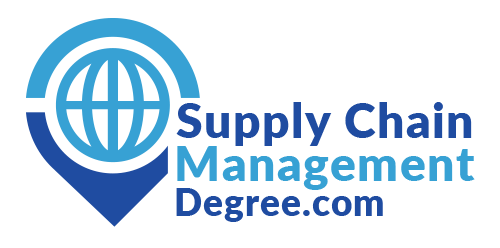Ethical Sourcing and How to Ensure Fair Labor Practices in Your Supply Chain
In today’s interconnected world, consumers are increasingly aware of the ethical implications of their purchasing decisions. They expect companies to uphold fair labor practices and ensure ethical sourcing throughout their supply chains. This shift in consumer expectations, coupled with growing regulatory pressures, makes it crucial for businesses to adopt ethical sourcing practices to protect both their reputation and their bottom line.
Ethical sourcing involves ensuring that the products a company procures are produced in a manner that respects the rights and dignity of workers. This encompasses fair wages, safe working conditions, and the prohibition of child labor and forced labor. Ethical sourcing not only aligns with corporate social responsibility (CSR) goals but also enhances brand loyalty and trust among consumers who prioritize ethical consumption.
Ensuring fair labor practices in your supply chain starts with a thorough understanding of where and how your products are made. Mapping out your entire supply chain is the first step. This includes identifying all the suppliers, sub-suppliers, and contractors involved in the production process. By gaining full visibility into your supply chain, you can identify potential risks and areas where unethical labor practices might occur.
Once you have mapped your supply chain, it’s essential to establish clear ethical standards and expectations. Developing a comprehensive code of conduct for suppliers is a fundamental part of this process. This code should outline your company’s commitment to fair labor practices, detailing specific requirements regarding wages, working hours, health and safety standards, and the prohibition of child and forced labor. Suppliers should be required to acknowledge and adhere to these standards as a condition of their business relationship with your company.
Auditing is a critical component of ensuring compliance with ethical standards. Regular audits of suppliers’ facilities help verify that they are meeting your company’s labor standards and are not engaging in unethical practices. These audits should be both announced and unannounced to ensure an accurate representation of working conditions. While conducting audits, it’s important to engage with workers directly, providing them with a safe and confidential way to share their experiences and concerns.
In addition to audits, fostering long-term partnerships with suppliers can enhance compliance with ethical standards. Building strong relationships based on mutual respect and transparency encourages suppliers to prioritize fair labor practices. Providing training and support to suppliers can further strengthen these partnerships. This includes offering resources on best practices for ethical labor management and helping suppliers develop their own compliance programs.
Technology can also play a significant role in ensuring ethical sourcing. Blockchain, for example, offers a transparent and immutable way to track and verify the journey of goods through the supply chain. This technology can help ensure that products are sourced from suppliers who adhere to fair labor practices. Additionally, using data analytics can help identify patterns and potential risks in your supply chain, enabling proactive measures to address any issues.
Consumer engagement is another vital aspect of promoting ethical sourcing. By educating consumers about your company’s commitment to fair labor practices, you can build a loyal customer base that values and supports your efforts. Transparency is key; sharing information about your supply chain and the steps you are taking to ensure ethical sourcing can strengthen consumer trust and loyalty.
Collaborating with industry groups and non-governmental organizations (NGOs) can further bolster your efforts to ensure fair labor practices. These organizations often have valuable expertise and resources that can help your company develop and implement effective ethical sourcing strategies. Participation in industry initiatives and certifications can also demonstrate your commitment to ethical standards and enhance your company’s credibility.
Ethical sourcing is a crucial aspect of modern supply chain management. By mapping out your supply chain, establishing clear ethical standards, conducting regular audits, fostering strong supplier relationships, leveraging technology, engaging with consumers, and collaborating with industry groups, your company can ensure fair labor practices throughout its supply chain. These efforts not only protect workers’ rights and improve their lives but also enhance your company’s reputation and build long-term consumer trust. In a world where ethical considerations are increasingly influencing purchasing decisions, prioritizing fair labor practices is not just the right thing to do, but also a smart business strategy.



